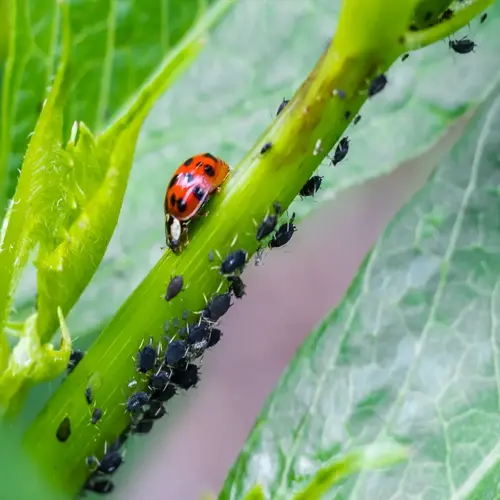Do cover crops compete with main crops?

Written by
Tina Carter
Reviewed by
Prof. Samuel Fitzgerald, Ph.D.When managed correctly, cover crops will not interfere with your main crops. The key lies in terminating at the right time before cash cropping. For years, I have been successful doing this without loss of yield. With proper planning, both plants can work together in a productive manner.
Termination Timing
- End cover crops 3-4 weeks before planting cash crops
- Allows full decomposition of biomass into nutrients
- Prevents moisture competition during critical establishment
Species Selection
- Choose non aggressive species like hairy vetch near vegetables
- Avoid vigorous growers during drought-prone seasons
- Match growth cycles to your cash crop schedule
Root Zone Management
- Select cover crops with different root depths than cash crops
- Use shallow-rooted covers near deep-rooted cash crops
- Prevent nutrient competition in same soil layers
Termination provides a mulch that serves both to retain moisture and suppress weeds. Organic matter breakdown provides nutrients that slowly become available to feed your cash crops. I have observed a 20-25% increase in soil moisture retention after building a residue layer. Your main plants won't compete with each other for resources.
Effective management avoids resource conflict while optimizing value. Your cash crops have access to sunlight, moisture, and nutrients. Crop cover material becomes a source of organic matter rather than an enemy. I have higher productivity using this method over uncovered fields.
Choose a low-maintenance species, such as crimson clover. Once the cover crop has grown, assess it, and terminate at first flowering. This will allow your main crops to establish, free from the competing effects of a cover crop. This plan successfully develops your soil health while simultaneously protecting your investment in the primary harvest.
Read the full article: Cover Cropping Benefits for Sustainable Farming

